Abbas I, better known as Abbas the Great, was a Persian king, and Shah of Persia from 1587 until his death in 1629. Abbas I was born in Northern Iran in 1571. He was a member of the Safavid dynasty, originally from Azerbaijan, which ruled Persia between 1501 and 1736. Under his father Muhammad Khudabanda’s reign, the Persian Empire experienced a period of weakness and impoverishment, due in part to decentralization policies that prompted numerous feuds. Raids by the Ottomans and Uzbeks cost the Empire territories in the eastern and western reaches. Abbas was crowned shah in 1587, inheriting this difficult and uncertain situation. He was only 16 years old. Aware of his empire’s weaknesses, the new shah reformed the army. Following advice given to him by English general Robert Sherley, he organized his troops in European style, forming efficient infantry and artillery corps, and recruiting Armenian and Georgian soldiers. Taking advantage of this new army, Abbas concentrated on restoring his power, centralizing and fortifying the structure of his empire. After having imposed limits on the various feudal powers within the empire, Abbas set out on to win back the territory Persia had lost.
The emperor won battles against the Uzbeks, beating them at Herat in 1597, and subsequently conquered the city of Mashhad. In 1623 he also defeated the Ottomans, conquering Baghdad, Karbala and some Kurdish territories. Supported by the East India Company, Abbas conquered the Portuguese island of Hormuz, gaining strategic control over access to the Persian Gulf. The Persian Empire took advantage of this important international outpost to increase commerce through European markets. But Abbas also promoted the development and spread of art and culture. He moved his capital from Bukhara to the more centrally located Isfahan, a city destined to become one of the hubs of Islamic culture. The emperor also enacted an impressive restructuring and renovation plan that changed the face of his new capital. He expanded the network of roads and bridges, and initiated work on the sumptuous Imam Mosque and the Ali Qapu palace, his imperial residence. Abbas the Great died in Mazandaran in 1629. His death marked the end of the Safavid dynasty’s golden age. The Persian Empire, which had just experienced its finest hour, found itself facing the renewed threat posed by hostile neighboring countries.
The emperor won battles against the Uzbeks, beating them at Herat in 1597, and subsequently conquered the city of Mashhad. In 1623 he also defeated the Ottomans, conquering Baghdad, Karbala and some Kurdish territories. Supported by the East India Company, Abbas conquered the Portuguese island of Hormuz, gaining strategic control over access to the Persian Gulf. The Persian Empire took advantage of this important international outpost to increase commerce through European markets. But Abbas also promoted the development and spread of art and culture. He moved his capital from Bukhara to the more centrally located Isfahan, a city destined to become one of the hubs of Islamic culture. The emperor also enacted an impressive restructuring and renovation plan that changed the face of his new capital. He expanded the network of roads and bridges, and initiated work on the sumptuous Imam Mosque and the Ali Qapu palace, his imperial residence. Abbas the Great died in Mazandaran in 1629. His death marked the end of the Safavid dynasty’s golden age. The Persian Empire, which had just experienced its finest hour, found itself facing the renewed threat posed by hostile neighboring countries.
RELATED


JAMES KEIR HARDIE


LEANDRO ARAGONCILLO
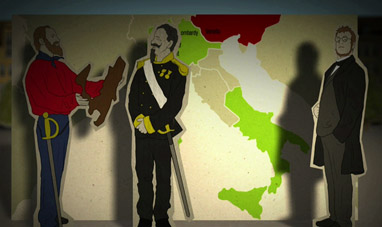

CAMILLO BENSO, COUNT OF CAVOUR
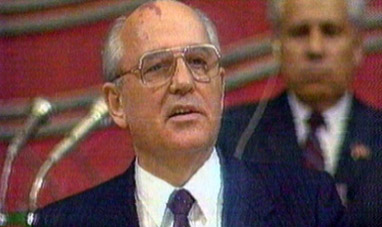

MIKHAIL GORBACHEV
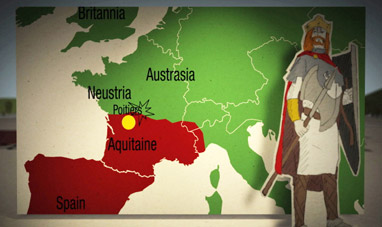

CHARLES MARTEL
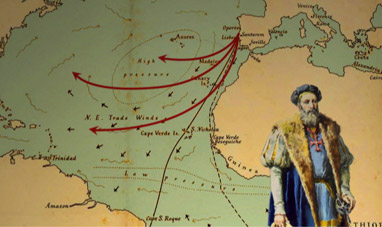

PEDRO ÁLVARES CABRAL
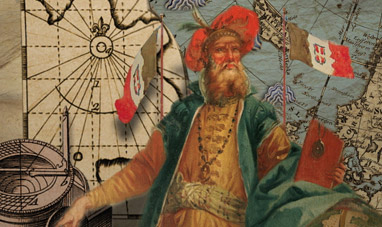

JOHN CABOT


CLEOPATRA


DWIGHT EISENHOWER
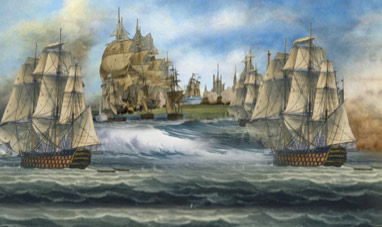

ZHENG HE
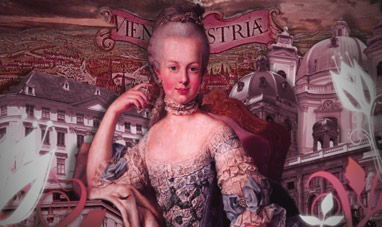

MARIE ANTOINETTE
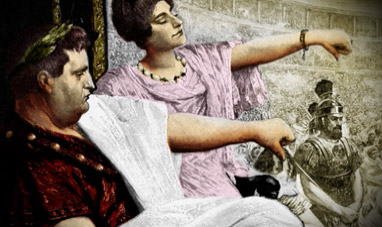

NERO
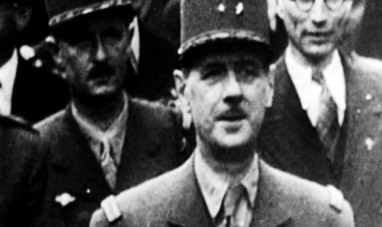

CHARLES DE GAULLE


ALEXANDER DUBCEK


ALEKSANDR LITVINENKO


NAPOLEON III
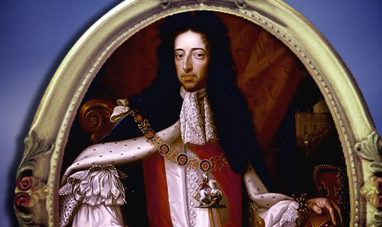

WILLIAM III, OF ORANGE


KLAUS EMIL FUCHS
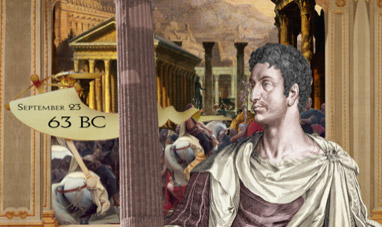

AUGUSTUS
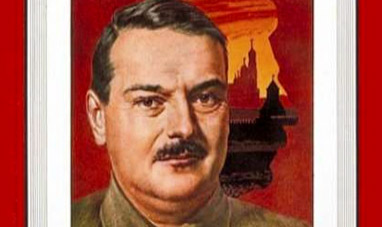

ANDREI ZHDANOV


CHARLES DE BEAUMONT, CHEVALIER D'EON


JOHN EDGAR HOOVER


FRANCIS DRAKE
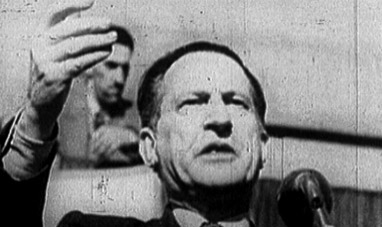

ALCIDE DE GASPERI
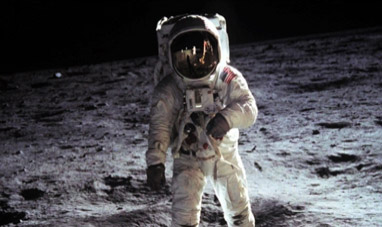

NEIL ARMSTRONG


MAO ZEDONG
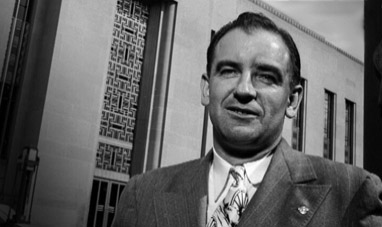

JOSEPH MCCARTHY


ENZO FERRARI
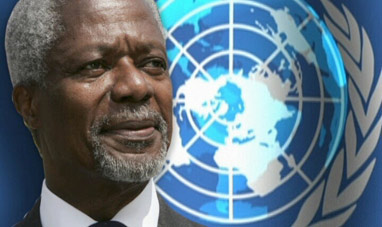

KOFI ANNAN
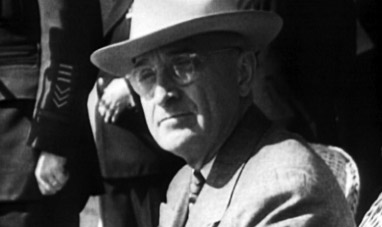

HARRY TRUMAN
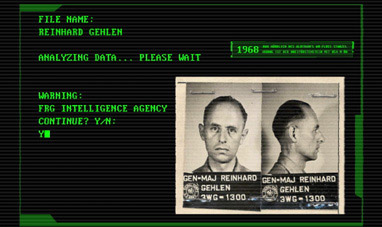

REINHARD GEHLEN
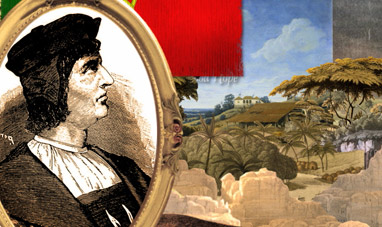

BARTOLOMEU DIAS
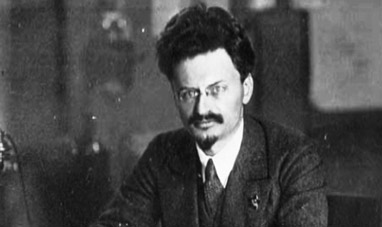

TROTSKY
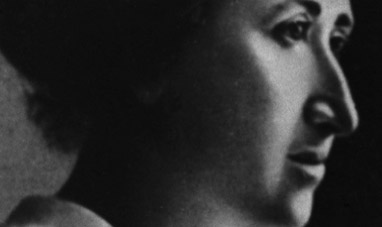

ROSA LUXEMBURG
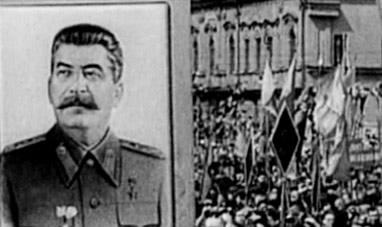

STALIN
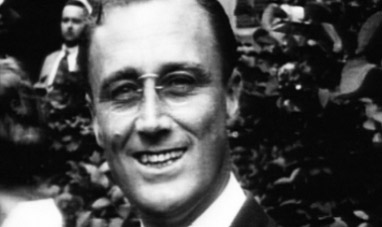

FRANKLIN DELANO ROOSEVELT
